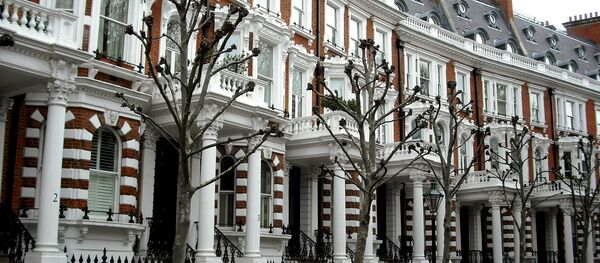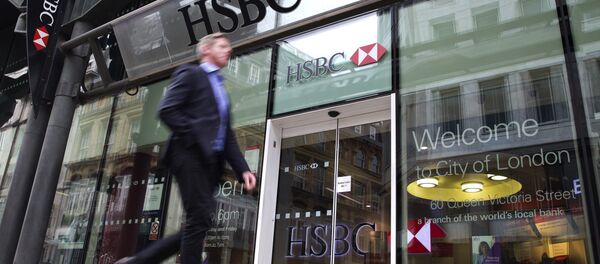Kristian Rouz – The British housing market, having tumbled on the post-Brexit decline of confidence in the second half of the summer, is recovering losses at a fast pace as asking prices and rents have advanced along with the demand for accommodation.
Housing asking prices advanced by 0.7pc or £2,277 two weeks into September compared to the aggregated losses of 2pc during the previous two months, with an average price having risen 4pc year-on-year to £306,499, according to a recent report by Rightmove plc. In London alone, the average price gained a massive 1.9pc compared to that a year earlier despite the four consecutive months of declines, triggered by the Brexit concerns.
“Some of those trying to get onto the property ladder may have wistfully listened to speculation of lower prices in a post-Brexit Britain,” Miles Shipside of Rightmove said. “While the referendum result has created additional downwards price pressure in some upper segments of the market that were already slowing, those who do not own a home and arguably have the greatest housing need are now finding it harder to achieve their goal in the post Brexit vote aftermath.”
These developments are all partly attributed to the Bank of England’s (BOE) decision to cut base borrowing costs last month to 0.25pc from 0.5pc, resulting in credit becoming more available to an average consumer, triggering an anticipated or actual spree of credit-fueled purchases, homes included.
In Wales, however, housing prices dropped 1.9pc month-on-month to an average of £177,077. South West, the West Midlands, and the North East submarkets were flat as gains in consumer purchasing power were offset by the broader economic and demographic developments, with substantial amounts of workforce flocking to East Anglia and the South East, where gains in housing prices were the most substantial.
“The year started well until May when the Brexit fears caused a significant reduction in inquiries between May and July.” Duncan Young of the Newcastle Upon Tyne-based real estate agency Sanderson Young said. “We're pleased to report that August and September activity has been double that of last year, making amends for the wobble earlier.”
As home buying is gaining momentum, the UK’s banking system is facing greater exposure to housing market risks. At this point, mortgage credit stands at 60.5pc of the entire bank lending volume in the UK, compared to that of 50pc in 2010 and 57pc in 2014. Meanwhile, the share of borrowed funds in the structure of household income has risen to 3.3-3.6pc, according to an HSBC/Bank of England report. Whilst housing is becoming less affordable, lower debt servicing costs make up for higher prices somewhat.
“The market continues to shake off the effect of post-Brexit vote uncertainty, though more so in the lower end sector,” Shipside of Righmove said. “Buyers are still looking and enquiring, but there are limits on their willingness or ability to pay over the odds so sellers should be wary of over-pricing unless their local market can really justify it.”





